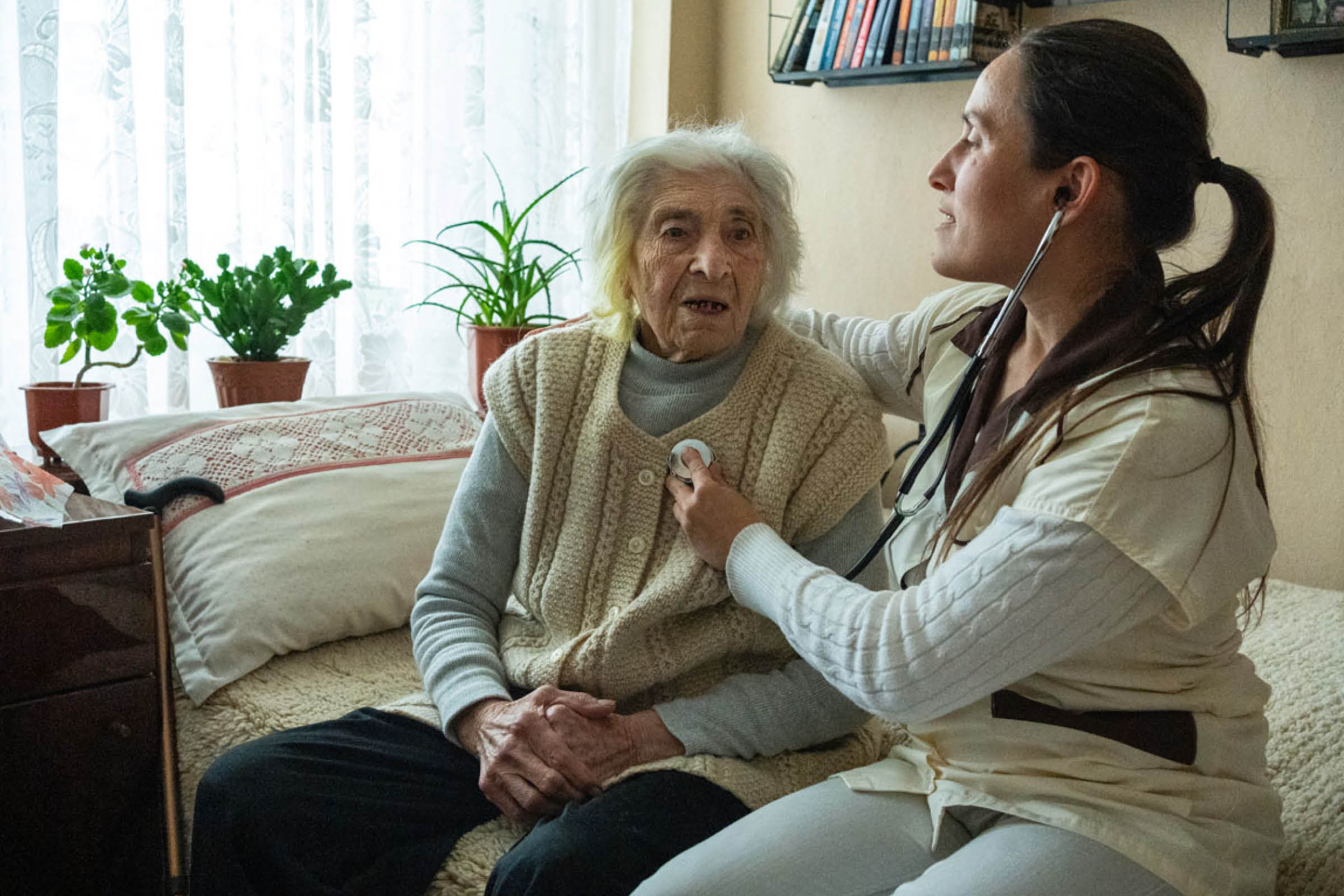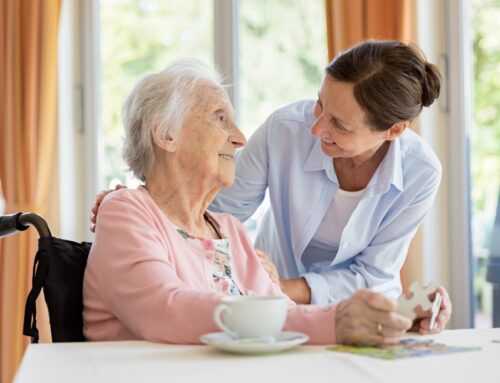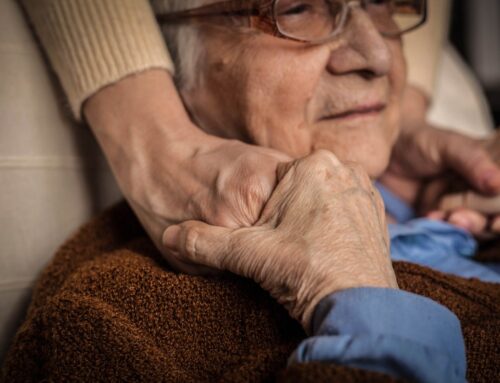Those coping with COPD have the feeling that they cannot catch their breath, which can be terrifying. Many have intense anxiety and even panic attacks, especially during flare-ups. Being aware of potential triggers may help families avoid potential COPD related complications. Common things that can intensify COPD symptoms and cause flare-ups include:
Weather Changes: Cold air often irritates airway passages and triggers symptoms for those suffering from COPD.
Respiratory Infections: Infections, such as the flu, COVID, RSV or pneumonia can worsen COPD symptoms. Viral and bacterial infections can lead to increased inflammation and mucus production in the airways.
Air Pollution: Exposure to air pollutants, such as smoke, smog, and dust, can irritate the airways and trigger COPD flare-ups. Those coping with COPD should avoid environments with poor air quality.
Allergens: Minimizing exposure to allergens like pollen, mold, and pet dander can help prevent flare-ups. These kinds of allergens frequently aggravate COPD symptoms in people who are sensitive to them.
Inhaling Irritants: Exposure to household cleaning products, paints, and other strong-smelling substances can frequently trigger symptoms. Avoid products that produce strong fumes, chemicals, or strong odors.
Smoking: Smoking is the leading cause of COPD, and continued smoking can exacerbate symptoms. Quitting smoking is crucial for managing COPD and preventing flare-ups.
Taking Medications Improperly: Not taking medications properly or not using inhalers as directed can worsen COPD symptoms. Caregivers should observe loved ones to assess their strength and coordination to use inhalers correctly.
Low Physical Activity: Inactivity can contribute to a decline in overall lung function and respiratory muscle strength. Regular exercise, as recommended by healthcare professionals, is important for maintaining lung health.
Emotional Stress: Emotional stress can have physical effects on the body, including changes in breathing patterns. Stress management techniques may be beneficial for individuals with COPD.
Roze Room Hospice can greatly improve the quality of life for COPD patients and their loved ones. Our specialized teams of caregivers include registered nurses and hospice physicians uniquely trained in the management and treatment of COPD. By providing both medical and personal care to control symptoms and reduce anxiety, stress, and worry, we can improve the quality of life for families coping with COPD. If you are a family caregiver and have questions about the management of COPD and how to improve peace of mind and quality of life, learn how we can help.





